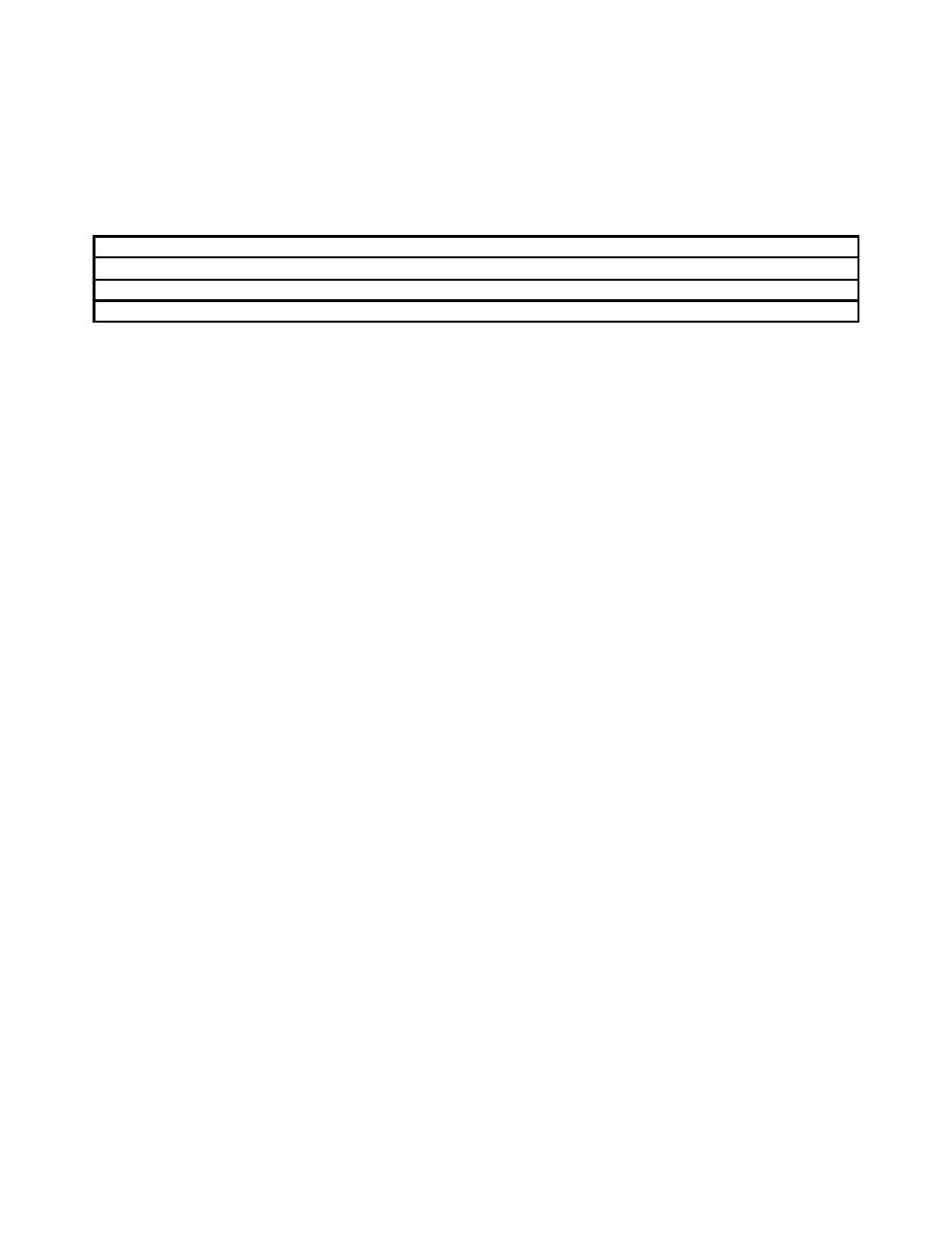
`The Lord is the portion of mine inheritance and of my cup: Thou
(emphatic) maintainest my lot. The lines are fallen unto me in pleasant
places; yea, I have a goodly heritage' (Psa. 16:5,6).
The subject matter is distributed thus:
A
Inheritance.
B Lot.
B Line.
A Heritage.
A similar combination of lot and line is found in Isaiah 34:17:
`And He hath cast the lot for them, and His hand hath divided it unto them
by line'.
And yet another in verse 11 where we read of `the line of confusion, and the
stones of emptiness', an inheritance of wrath, not of blessing. A passage in
Micah that bears upon the quotation of Psalm 16, given above, reads:
`He hath changed the portion of my people: how hath He removed it from me!
turning away He hath divided our fields. Therefore thou shalt have none
that shalt cast a cord by lot in the congregation of the Lord' (Mic.
2:4,5).
To understand the Psalmist's reference to the lot and the line, we must go
back to his times, to a village where the inhabitants are gathered together in a
house for a most important decision. Surrounding the village was a tract of
land which belonged to the village, and not to any individual owner. Now, as
the parable of the Sower indicates, some of this land may be good, some bad and
some indifferent, and instead of this land, good, bad and indifferent being the
possession of some person for all time, it was decided, once a year, by lot, to
whom each portion of this communal land should fall. Very often a little child,
too young to be influenced by bias, would be selected and he would put his hand
into the vase or receptacle and draw out the different lots. Whether the
translators of the Authorized Version consciously chose the word `maintain'
because it is derived from main `a hand' and teneo `to hold', we do not know,
but the Hebrew word so translated means to uphold as with the hand (Isa. 41:10),
or to stay up the hand (Exod. 17:12). We believe the following extract from the
book Pictured Palestine, by the Rev. James Neil, M.A., will be of service here:
`The tenure by which these open fields are held is exceedingly interesting
and evidently ancient. The land is not, as with us, in individual
holding. The village house, the enclosed garden, vineyard, orchard, olive
or fig yard, and even fruit trees, such as the olive growing on unenclosed
land, may be held, as with us, individually, or, as lawyers say, in
severalty. But broad acres are crown-lands, ard amiriyeh, and the whole
village as occupiers have only the muzara'a, or right of cultivation, held
by them all in common (musha'a). But they possess this right in
perpetuity, and are virtually joint free-holders in common of all the land
belonging to their village community. The cultivation each year begins
with ploughing, about the middle of November, as soon as the first heavy
winter rain, the Hebrew geshem, has come to saturate and soften the soil.
Before this, all the men of the village who possess oxen meet in a general
assembly in the saha, or "guest-house", which answers to our public hall;
for all of these, one as much as another, except slaves, have the joint
103